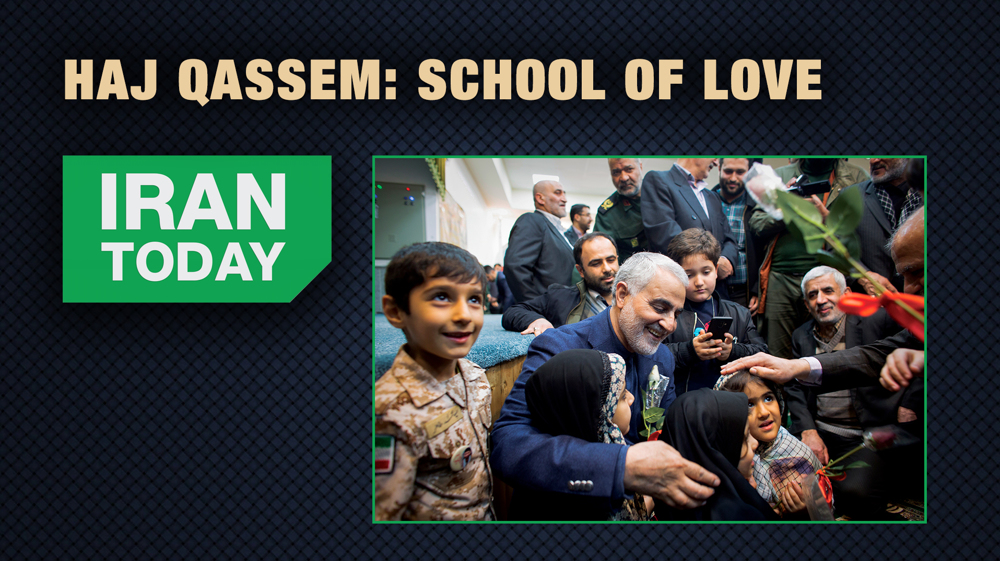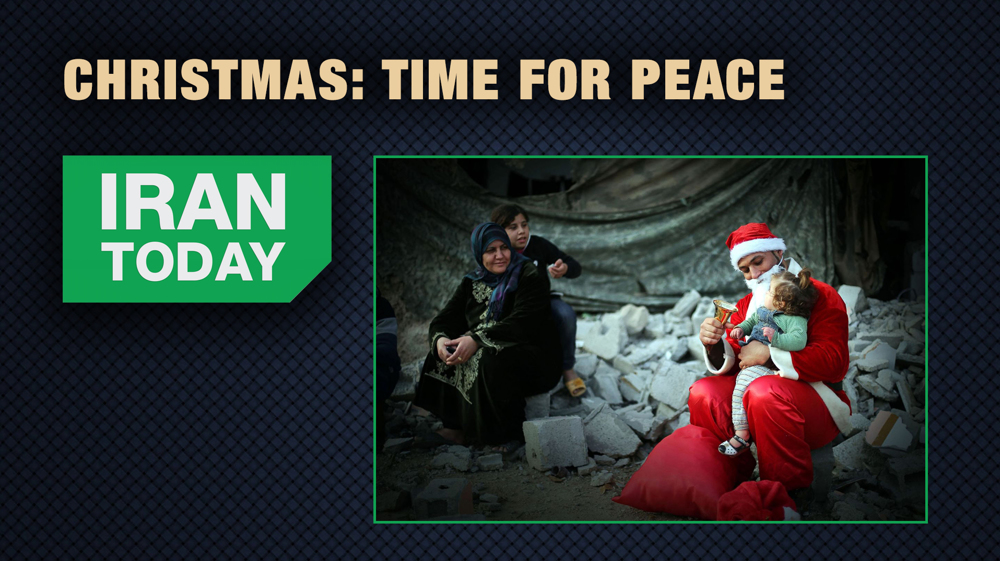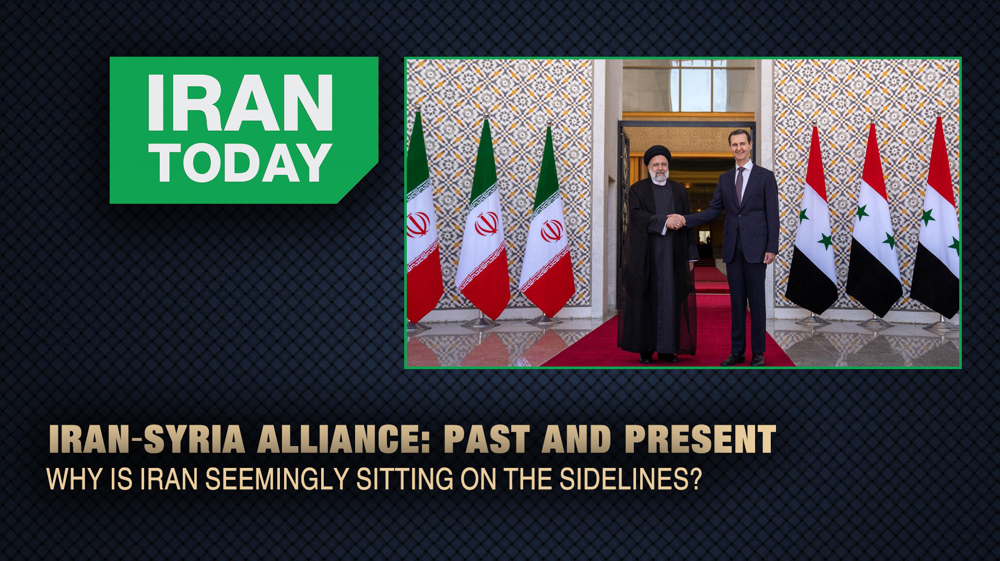Second round of Iran's parliamentary elections
On April 29, Iranians went to the polls in the second of parliamentary elections to determine the fate of 68 undecided seats in the legislative chamber.
On average, Iran has held one election every year since the 1979 Islamic revolution. From the president, to members of parliament, those of the assembly of experts and the representatives at the city and village councils are all elected which shows Iran is a democratic country.
The first round of the parliamentary elections, held on February 26, sent 222 candidates to the Majlis, and those who failed to win a majority have had to face off in a runoff. Now with the votes cast and the outcome announced, the next Islamic Consultative Assembly will convene in less than a month. The Principalists have maintained a majority in the legislative body for most of the past ten years. But this year, they lost many seats to their reformist and moderate rivals.
The Islamic Consultative Assembly is made up of 290 MPs, elected in 207 constituencies. In the February 26 poll, 55 constituencies comprising 430 counties of Iran’s 21 provinces had to go to the ballot boxes one more time. The candidates contesting in the runoff were those who’d failed to win 25 percent of the votes in the first round.
Iranian politics is divided into two main political coalitions; Principalist and Reformist. Some maintain the real competition in the recent elections was between the proponents and opponents of Iran’s nuclear deal with the west. After about twelve years of reigning over the parliament, this year the Principlists had to give up many seats. Some believe that the reason was a lack of unity and organization and some others maintain it had something to do with JCPOA.
Another political camp that has carved out a strong footing for itself in Iran’s political climate since the election of president Rouhani, are the moderates. Some reformist publications consider the reformist camps’ statistics as their own. Based on official statistics, of the reformists list, 120 candidates won enough votes to go to the parliament, 115 from the Principlists’ list, 49 independents and 5 from the roster of religious minorities. It’s now very important who the next parliament speaker will be, Mr. Aref a reformist or Mr. Larijani a Principlist; since some believe, that will determine which camp is the real winner of the elections.
VIDEO | Hundreds march in Milan to denounce Israeli genocide in Gaza
Jan. 4: ‘Axis of Resistance’ operations against Israeli occupation
VIDEO | Martyr Soleimani’s legacy inspires pilgrims flocking to Kerman
VIDEO | Rome sit-in decries Palestinian Authority's betrayal of Palestinian cause
VIDEO | IRGC military drills underway in western Iran to boost combat readiness
VIDEO | Scientist-turned anti-hegemonic filmmaker
Yemen slams missile into northern part of occupied territories
VIDEO | An insider's view of the country: Naqsh-e-Jahan Square









 This makes it easy to access the Press TV website
This makes it easy to access the Press TV website